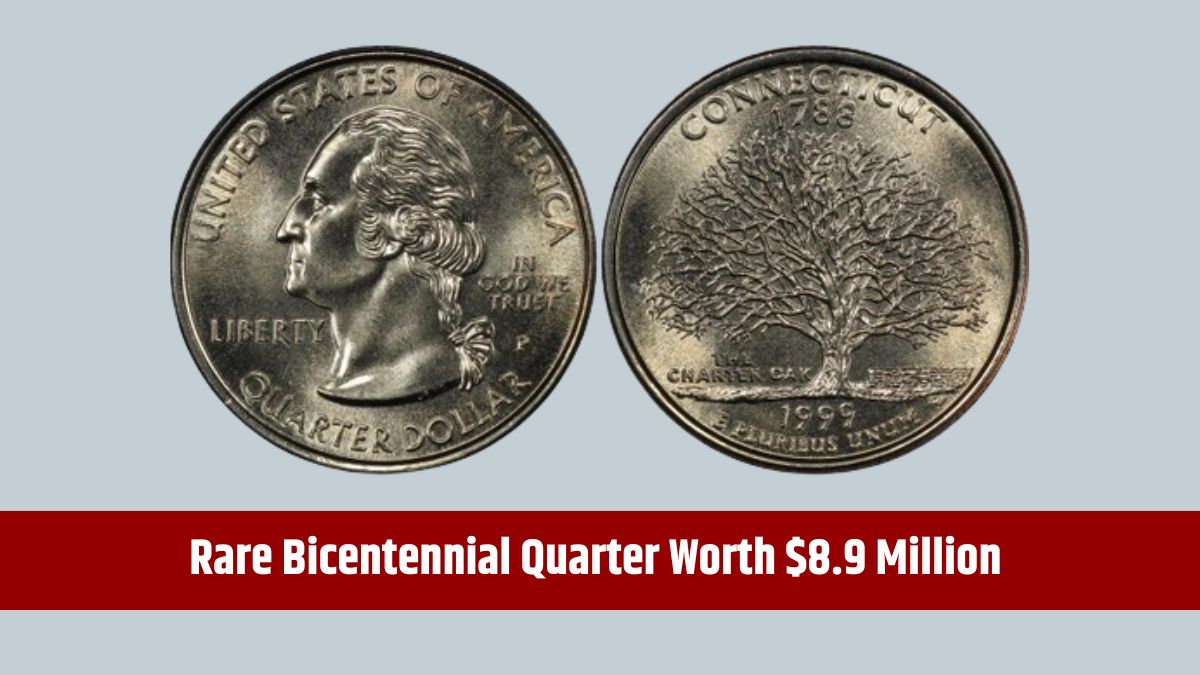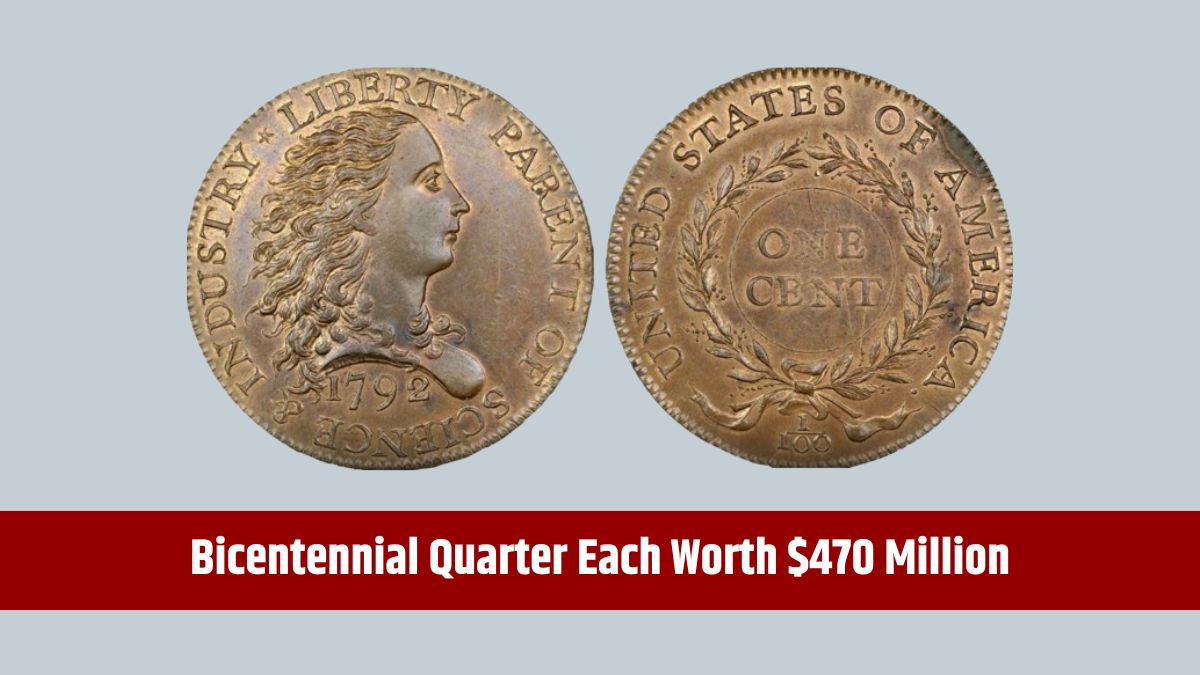A recent survey by Nationwide Financial highlights a significant gap in Americans’ knowledge about Social Security, revealing that many do not fully know their retirement benefit options. Nearly half (49%) of respondents admitted they don’t know how to optimize their Social Security benefits, while 33% are unclear about their eligibility age for full retirement benefits. This knowledge gap could affect retirement planning and financial stability, especially for those heavily reliant on Social Security in retirement.
Here’s a look at the basics of Social Security, the concept of Full Retirement Age (FRA), and strategies to help maximize your Social Security benefits.
FRA
Your Full Retirement Age (FRA), also called normal retirement age, is the age at which you’re eligible to receive 100% of your Social Security benefits. FRA depends on your birth year, beginning at 66 for those born between 1943 and 1954 and gradually increasing to 67 for those born in 1960 or later.
Basing your decision on FRA is essential because claiming benefits before reaching your FRA will permanently reduce your monthly payout, while delaying benefits increases your payment amount. For instance, delaying benefits until age 70 could increase your payment by up to 24%.
FRA by Birth Year
| Year of Birth | Full Retirement Age (FRA) |
|---|---|
| 1937 or earlier | 65 |
| 1938 | 65 and 2 months |
| 1939 | 65 and 4 months |
| 1940 | 65 and 6 months |
| 1941 | 65 and 8 months |
| 1942 | 65 and 10 months |
| 1943 – 1954 | 66 |
| 1955 | 66 and 2 months |
| 1956 | 66 and 4 months |
| 1957 | 66 and 6 months |
| 1958 | 66 and 8 months |
| 1959 | 66 and 10 months |
| 1960 and later | 67 |
Interestingly, if you were born on the first day of a month, the SSA counts your FRA based on the previous month. So, if you were born on March 1, SSA considers your FRA based on February of the same year.
Early Retirement
You can start receiving Social Security benefits as early as age 62, but doing so will permanently reduce your benefit amount. This reduction is calculated based on the number of months between age 62 and your FRA.
| Year of Birth | Months Between Age 62 and FRA | Benefit Reduction | Spousal Benefit Reduction |
|---|---|---|---|
| 1937 or earlier | 36 | 20% | 25% |
| 1943 – 1954 | 48 | 25% | 30% |
| 1960 and later | 60 | 30% | 35% |
Minimize the Reduction
While early retirement might be appealing, delaying your claim allows you to avoid this reduction. If you need to claim early but change your mind, Social Security gives you a 12-month window to withdraw your claim and refile later. However, you must repay any benefits received within that period.
When to Claim
Deciding when to claim Social Security depends on individual circumstances like financial need, life expectancy, health, and work status. Here are some scenarios to consider:
- Claiming Early (Age 62–67): Ideal if you need income due to health or financial emergencies. However, you’ll face a reduced benefit.
- Claiming at FRA (66 or 67): Ensures full benefits without reductions. If you continue working, your Social Security benefit won’t be impacted by income limits.
- Delaying Until Age 70: Maximizes your benefit by adding delayed retirement credits. For each month delayed after FRA, your benefit increases by about 2/3 of 1%, totaling an 8% yearly increase.
Social Security Survey
The survey provides insight into common misconceptions about Social Security. Here are some key findings:
- Future Benefits Uncertainty: Nearly 40% of respondents not yet receiving Social Security are unsure of their expected future payment amounts.
- Reliance on Social Security: Two-thirds of those surveyed plan to use their Social Security benefits as a primary income source.
- Lack of Confidence in Coverage: Less than half of respondents feel that Social Security will meet their retirement needs.
- Planning to Work While Receiving Benefits: 34% of adults who intend to claim benefits early also plan to continue working.
These statistics indicate that many Americans could benefit from more knowledge about Social Security benefits. For example, only three in five people who work with a financial advisor receive guidance on when to claim Social Security.
Benefits
If you’re approaching retirement and want to maximize your benefits, consider the following:
- Verify Your Earnings Record: Your Social Security benefit calculation is based on your highest 35 years of earnings. Verify your earnings record on SSA.gov to ensure accuracy.
- Delay Benefits if Possible: Waiting until age 70 to claim benefits maximizes your monthly payments, which can provide long-term financial security.
- Consider Partial Retirement: If you need to claim early, consider working part-time to supplement income without heavily impacting your retirement savings.
Knowing Social Security and planning the timing of your benefit claim can significantly impact your retirement income. Being proactive and aware of your options can make all the difference in achieving a comfortable retirement.
FAQs
What is Full Retirement Age (FRA)?
It’s the age when you can claim 100% of your earned Social Security benefits.
Can I claim Social Security at age 62?
Yes, but your benefit will be permanently reduced.
How can I maximize my Social Security benefit?
Work 35 years, delay claiming until age 70, and verify earnings.
What happens if I continue working while claiming Social Security?
Earnings may temporarily reduce your benefit if you claim before FRA.
Does delaying benefits after age 70 increase my benefit?
No, delaying beyond age 70 does not further increase payments.






